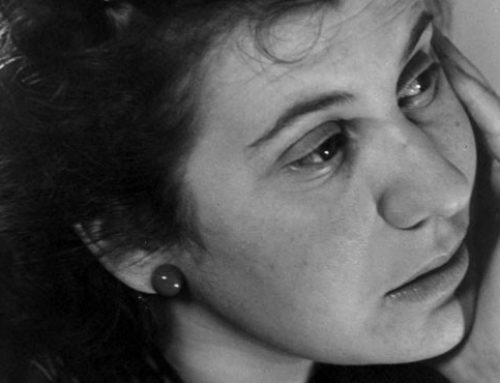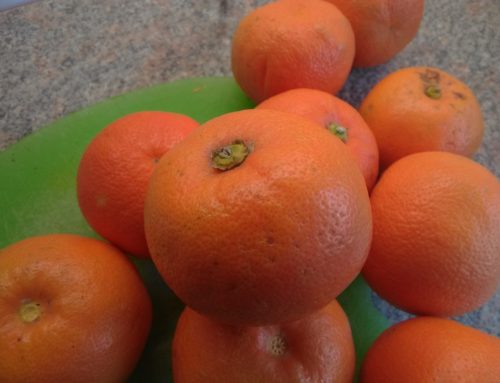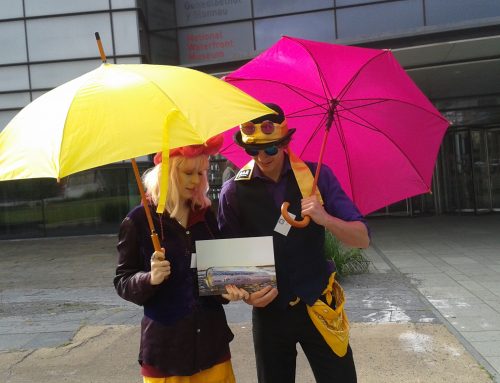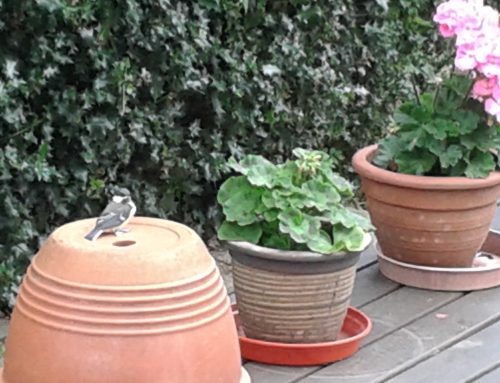Do you have to be good? Mary Oliver’s poem Wild Geese opens emphatically saying no – ‘You do not have to be good’. A common way to begin a poetry therapy session is to ask members of a group, after reading a poem, which line or lines stand out for them, and why. That opening line is one that resonates with many people. Sometimes, there’s a palpable sense of release that someone, albeit a stranger, via text on a page, has given some kind of permission for something. Watching physical reactions to poems is always interesting. Simply reading or hearing certain words can lead to a softening in the facial expression, a sense of release or relief in the body.
Wild Geese is an iconic poem, it stands in its entirety as an epigram to the best-selling Bloodaxe Staying Alive poetry anthology. I’d be interested in theories about why it strikes such a chord with so many. It’s a praise poem. It locates us in the natural world. It addresses the reader directly, creating a kind of intimacy. It literally calls to us, both in the voice of the speaker of the poem and indirectly, by invoking the wild geese. (Bird poetry is an enormous subject in its own right). The final line, ‘your place in the family of things’ is also comforting.
Although it’s written in one long stanza (a so-called ‘talking poem’ – I owe that term to poet David Hart), I experience it as three distinct stanzas, or ‘rooms of meaning’. The first ‘stanza’ is the one that locates the moral position of the poem. The opening line – ‘You do not have to be good’ – wakes us up. It’s surprising, transgressive and grants permission. The next two lines openly diss traditional religion practices such as pilgrimage and repentance. The final pair of lines in this section postively command the reader to seek pleasure and also, using the words ‘soft body’, imply that snuggling up in bed is preferable to working out. Physical fitness in our culture is a kind of secular goodness.
This poem often pops into my mind and especially so last week, when I was reading the latest Patrick Gale novel, A Perfectly Good Man. The good man of the title is a priest serving in a rural parish in remote West Penwith, the far tip of Cornwall. The novel opens with him assisting a suicide, or at least not preventing one (a sin of omission). The book then gradually reveals the lives of people around Barnaby, by describing them at different ages and unpicking how they came to make the decisions they did. There’s real suspense. It is another brilliant and sharply-observed book by Patrick Gale which illuminates, but never judges, the muddle most of us make of our lives. One character is definitely ‘bad’ (a sleazy, gossipy sex offender) but the challenge in the novel, as for all of us, is how to accommodate what we don’t like within whatever we understand of community. There’s lots in it about parenting, especially fathers, and by extension, given that the protagonist is a priest, the notion of God the Father, whether loving or judgemental.
The novel and Mary Oliver’s poem pose similar questions. Do we have to be good? If so, why and how? What’s the opposite of good? Is psychoanalyst Donald Winnicott’s ‘good enough’ a cop out? How do outer displays of goodness relate to inner badnesses? Do parents make their children good or bad? Can spouses, lovers or friends make each other good? Is Mary Oliver’s Wild Geese a ‘good’ poem? Patrick Gale’s A Perfectly Good Man a ‘good’ novel? Aha! I’m already well over my target 500 words. The sun’s out. I’m starting to relax after this tense, windy weather. Feeling good.
5 Comments
Leave A Comment
You must be logged in to post a comment.











Interesting poem. I used to really love it and now I’m not sure. I think it’s the first line and the word ‘good’ that has so many interpretations. I used to use it with groups but haven’t done so for ages. I think I’ll revisit now I’ve read your blog so thank you for that. I do like the location of the natural world and the idea of the wildness of geese that resonates with our inner beings often. It’s just that word ‘good’! Thanks Vicky Wendy
________________________________
I love it, Vicky. One of the reasons I enjoy your blog so much is that it’s a treasure-trove of beautiful and thoughtful poems. The word ‘good’ feels like the point to me – as in, ideas are small in the great context of life/nature
Thanks for your comments, Jenny and Wendy – yes, ‘good’ is a loaded word.
Margot Van Sluytman commented on FB – Such an important question, “Good” is one of those words in the binary and dualistic paradigm that implies, if insists on, a this versus that dialogue. We are rarely, if ever, this or that. Often “good” like many other binary combinations, is a this or that relationship contoured in patriarchal, staid, and suffocating expectations. In response to the question: do I have to be good. I say, “I have to be many things, by degrees on a vast scale of lush, challenging, and creative possibities.”
She does remarkable work for social justice as Sawbonna,- see http://www.sawbonna.com/
I once did an exercise with a small group of French women undergoing treatment for cancer, which consisted of writing a poem starting from a cliché or proverb and using it in some way to describe how they were feeling at that moment. One participant chose, “Il n’y a pas de mal à se faire du bien”, which corresponds to the English proverb, “a little of what you fancy does you good”, but translates more accurately as, “there’s nothing bad in doing something good for yourself”. It’s pretty unidiomatic English but I wanted to emphasise that “bad/good” contradiction, which seems to assume that when you do good you should be doing it for others and not for yourself. Here is the poem she wrote, which I hope can be read by as many people as possible:
Il n’y a pas de mal à être pire,
Il n’y a pas de mal à rire,
Il n’y a pas de mal à s’amuser,
Il n’y a pas de mal à se libérer,
Il n’y a pas de mal à lâcher prise,
Il n’y a pas de mal à faire à sa guise,
À vraiment,
À comment,
À finalement
Se faire plaisir,
Se faire jouir,
Se faire écouter,
Se faire respecter,
Se faire prendre,
Se faire entendre.
Thanks for this remarkable poem Karen- it’s a good reminder of what matters.